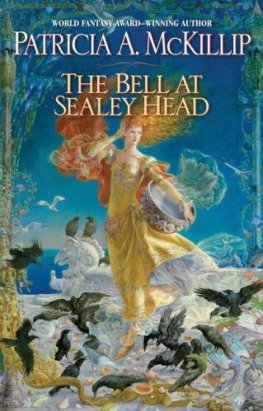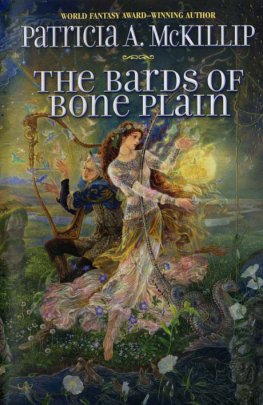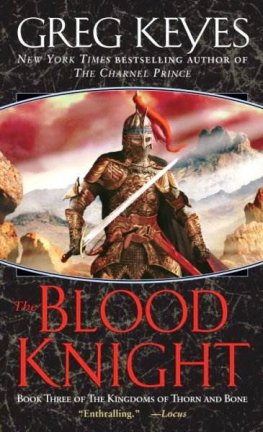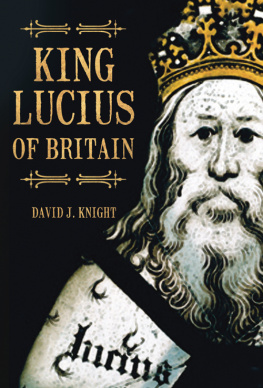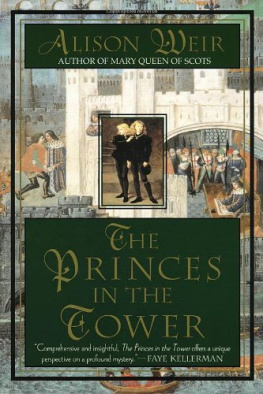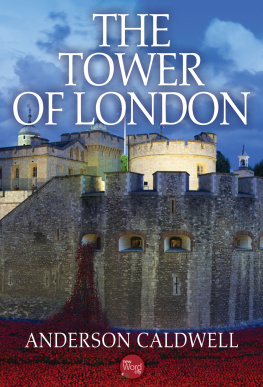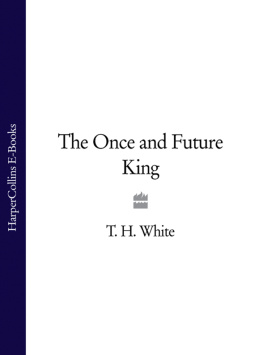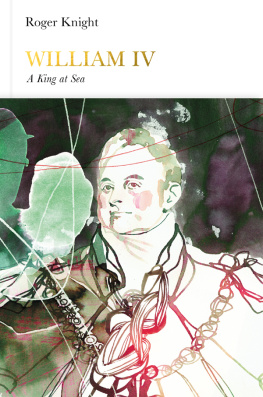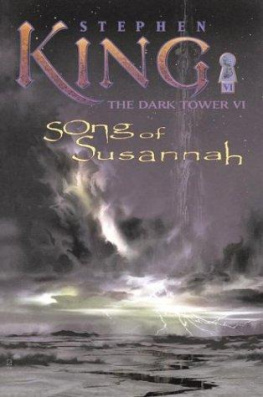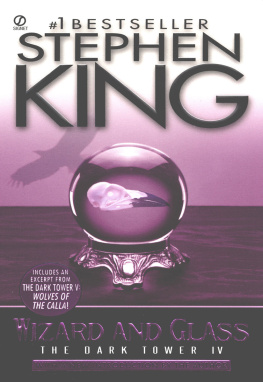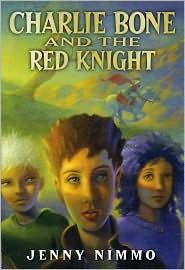The Tower at Stony Wood
by Patricia McKillip
For Dave,
mi corazn,
who gave me Loreena McKennitts The Visit
She saw the knight in the mirror at sunset.
He rode alone down a road along a river. Where the black cloak he wore parted over his surcoat, she glimpsed towers of gold; the cloak fanned behind his back down the horses golden flanks. The knights head was bowed, his face in shadow. The jewel in the pommel of the sword hanging from his saddle flashed a bloody crimson in the last ray of light. His hair, swept back and gathered into a silver ring at his neck, was black as jet.
She mused over him, scratching absently at a fleabite. Her own long, woody hair, tangled and bunched as if small animals lived in it, fell over kelp-dark eyes that glittered now and then with uncertain color. She brushed at the hair in her face, then touched the mirror in its plain round frame lightly, as if to hold the image in place. The horses steady pace might have found its unchanging rhythm across miles, across countries. The knight followed the waters slow path toward night. That much she could see from the way the light faded, faster than the water flowed, all down the river, leaving it mysterious with color. Beyond the tall trees growing along the river, she could see little; she had no idea where in the world he might be.
Melanthos, someone called far below. She shifted on her straw pallet, slapping the air as at a mosquitos whine. At that moment, entranced by the mirrors dreaming, she did not recognize her name. But the knight raised his head abruptly, as if he had heard.
A strong, sun-browned face looked out of the mirror at her. His eyes were unexpectedly light, the color of water, of the blade at his knee. She studied him, wondering curiously at the grim set of his mouth, the mingling of apprehension and resolve that honed the taut, clean lines of his face. Without taking her eyes from him, she reached beyond the mirror on the stone window ledge for an untidy pile of thread. The knight rode out of the mirror. The images in it faded until only her own face remained, her intent, curious eyes. But she remembered his colors. They remained reflected in her minds eye: gold, blood, silver, night.
She sorted through her threads with slender, bitten fingers, chose a needle and a square of linen. She threaded the needle and began with his face.
The story would come later.
When the Lady from Skye rode through the gates of Gloinmere to marry Regis Aurum, King of Yves, an old woman in her retinue caught the eye of Cyan Dag as he stood in welcome with the knights of Gloinmere. Eager, as they all were, for a glimpse of the stranger who would be queen, he found his attention snared by the crone who turned her head to look at him as she passed. Her dark, softly crumpled eyes held his gaze as if, he thought, she recognized him. But he knew Skye only as a nebulous, unpredictable land along the western sea. It had been overrun, a century before, by the restless armies of Yves, who had not realized, until they conquered it, what a strange country they had made their own. Poets came out of Skye, and rumors of magic, and the odd warrior seeking a place in Gloinmere, with a cloak smelling of sheepskin and a name older than Yves. High on a wall, trumpeters blew a fanfare to the kings bride. The old woman loosed Cyans eyes and disappeared into the patchwork swirl of dismounting guests. Cyan searched through the confusion; the Lady from Skye had apparently added herself to it.
The knights around Cyan had not been so distracted.
Is she beautiful? one demanded. Or isnt she?
She has a face like a fish.
She is the most beautiful woman I have ever seen in my life.
Shes too tall, and colorless as cloud.
I would lay my body in the mud for her to walk across. Anyway, the king looks like a bear.
Which is she? Cyan asked, wondering what he had missed, and how.
You didnt see her, Cyan? How could you not? A gauntlet pointed. Look there. The gawky one with the king. Its a marriage made of money.
There is no money in Skye, he argued absently, finding nothing gawky with or without the king.
Then it is a matter of peace.
Skye is always peaceful, Cyan said, for Skye had paid tribute without comment for a century to the Kings of Yves, in return for being left unnoticed.
Then its a matter of sorcery, a dark knight beside him muttered sourly. She bewitched him, and will bring her monstrous ways into Yves.
Cyan felt a sudden tension at his back, a breath sharply drawn, the shift of metal in a scabbard. The raw, impoverished knights from Skye, drawn to Gloinmeres wealth and power, took suggestions of sorcery personally. Cyan turned. His eyes, clear and light as rain, fell on them and they shifted.
He turned his gaze on the knight beside him and said mildly, In a hundred years, nothing without honor has come out of Skye, not a knight, not a promise. Why would the king find anything less to bring back to Gloinmere?
The dour knight blinked, yielded.
Then it must have been, he amended dubiously, a matter of love.
The shadow lifted over Skye; there was a soft laugh behind them. Cyan brought his attention back to the yard.
I still havent seen her.
Thereon the steps.
Cyan looked, but missed her again. The company of knights moved then to follow the king to the hall. Their silken surcoats were bright with the symbols of family and rank: birds and animals, suns and shooting stars, pyramids and lightning bolts and the phases of the moon. Cyan wore three gold towers on a field of midnight blue. Through centuries, the towers had lost their doors and windows, had become only the idea of towers. It was an ancient emblem, but beyond honor and a name older than the kings, his family possessed little. He had been brought to court by his father when he was twelve to be raised and trained with the young prince. Cyan grew up in the sprawling shadow his father had cast, and then out of it, abruptly, when he saved the newly crowned Regiss life during a border brawl with the North Islands. Younger than most of the knights of Gloinmere, he wore his formidable reputation lightly. A tall, sinewy man, he carried his strength lightly as well; most recognized it too late. His hair, long and black, he kept neatly tied at his neck. His eyes rarely lost their calm, even when he fought.
He walked with the knights across the yard. A pale-haired figure going up the steps caught his attention, but it seemed laden with baggage. The guests had gone inside. They were nowhere to be seen in the hall, where brilliantly dressed lords and ladies waited to welcome the kings bride more formally. The kings bard, in a tabard of cloth-of-gold, softly played a ballad from Skye on his harp. The trumpeters had joined the ranks of other musicians and singers, their purple tabards mingling with blue, silver, scarlet, green. Cyan set his shoulders against a carved column of oak near the musicians and absently watched for the ambiguous beauty of Skye.
Cria came to him, as he hoped.
You look pensive, she said. My lord Dag.
He looked down into her smile. She had skin as white as peeled almonds, hair as dark as winter solstice, eyes the color of wild violets. She wore the green, gold-scalloped tabard of a singer. Her voice was deep, sweet. Late at night it grew smoky; embers flared in it. He lifted a hand to touch her and did not, remembering where they were.
I was looking for the kings bride, he answered. My lady Greenwood. Tell me: is she beautiful?
Gwynne of Skye? You havent seen her?
I was distracted.
Her smile widened, amused. By what? Another woman?
Yes.
Was she beautiful?
I have no idea. She had cobweb hair and eyes like new moons. She rode past me, her eyes caught mine, and in that moment thats all I knew.


